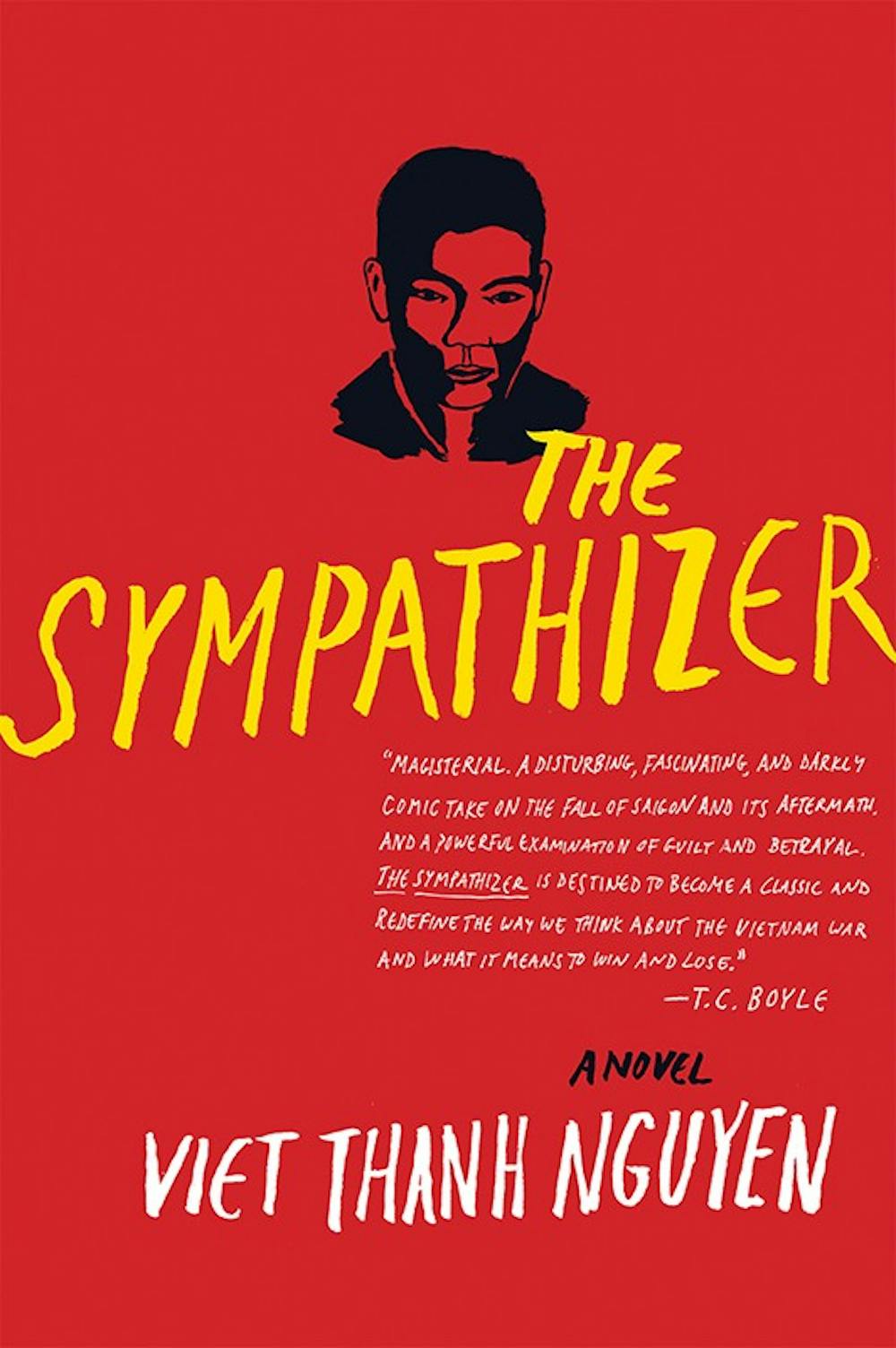Viet Thanh Nguyen, associate professor of English and American Studies and Ethnicity at the University of Southern California, brought to the University his unique perspective on the Vietnam War and how it is remembered. In his book “Nothing Ever Dies: Vietnam and the Memory of War,” Nguyen tackles the ambiguity and consequences of the ethics of memory.
Both Vietnam and the United States have created their own versions of the story of the Vietnam War, he said. Nguyen asserted in his lecture that the United States decided to take on the central role of the villain in order to avoid falling into the sidelines of the story.
On the other hand, the Northern Vietnamese, he said, have widely celebrated their victory over the South Vietnamese, essentially marginalizing them. Nguyen demonstrated this in his lecture by referencing the stark contrast between the clean, modern and accessible North Vietnamese graveyard memorial and the unkempt, obscure South Vietnamese graveyard.
The lecture included discussion on how memory and ethics combine to form a narrative. Nguyen listed three potential ways in which the ethics of memory manifests itself — remembering one’s own story, remembering others’ stories and recognition of differences therein. Ultimately, he said, it remains unclear if memories can ever be pinpointed.
Nguyen also discussed the dichotomy of human versus inhuman. He explained that making someone a villain and calling them inhuman disconnects them from society, but also removes culpability of human actions by separating an atrocity from humanity. Citing Rithy Panh, Nguyen claimed there is both humanity and inhumanity that define immoral actions and keep them grounded in reality.
Nguyen brought a unique perspective and shined new light on a topic not covered with much balance in American textbooks. The University’s guest speaker expanded important discussions about history and diversity.







